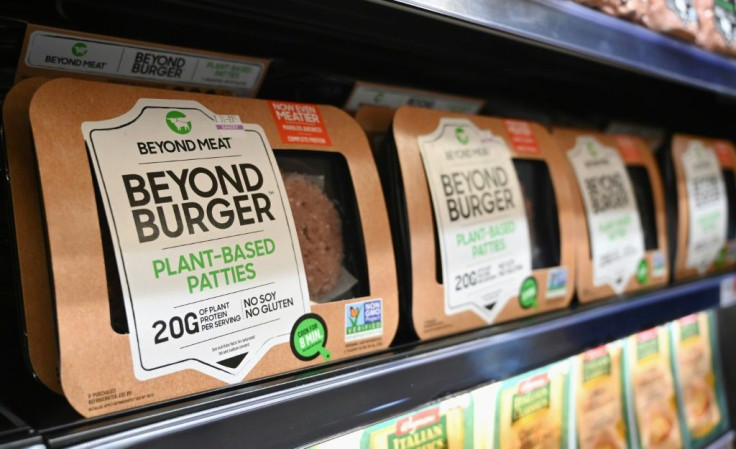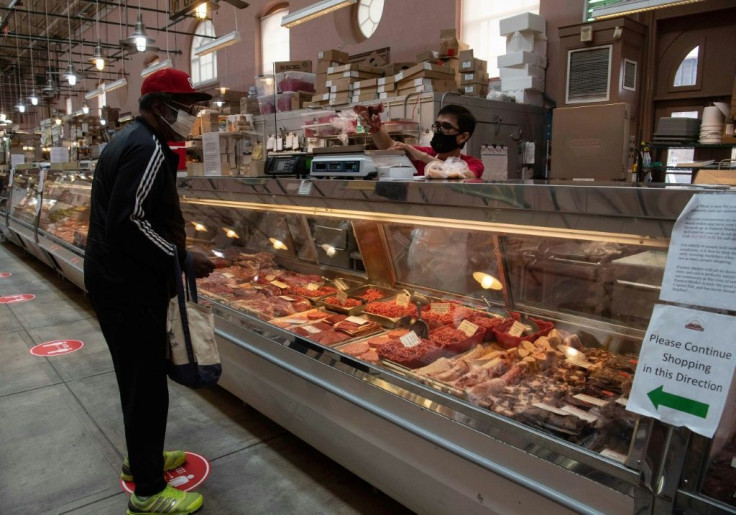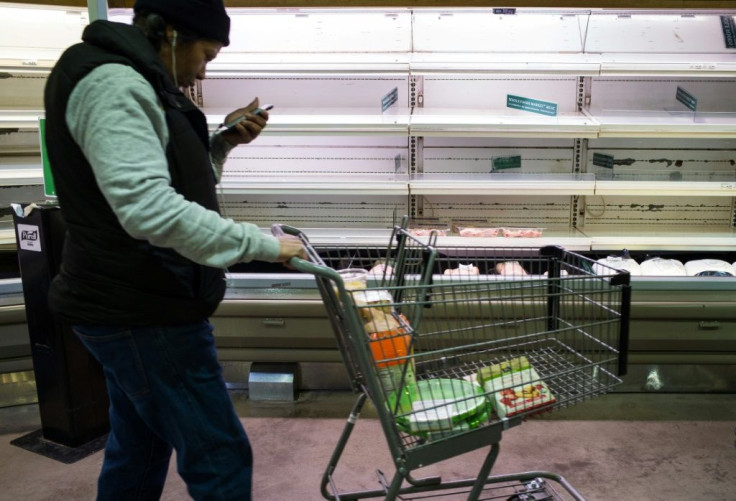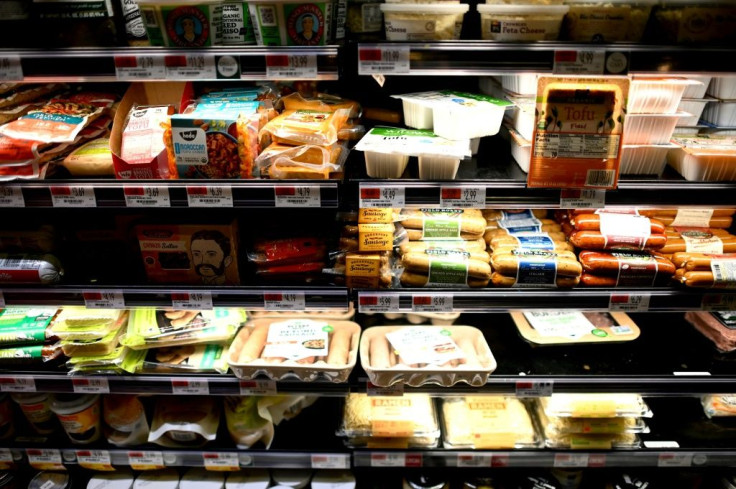Vegan Rivals Smell Blood As Virus Hits Meat Supply

Champions of plant-based meat see an opportunity to make inroads with American shoppers in the wake of coronavirus outbreaks at US slaughterhouses that have pressured meat supply.
Prices of conventional protein have surged in recent weeks following the temporary closure of at least 18 meat processing plants in the US at a time of already-elevated demand due to panic buying and pantry loading.
The upshot is that producers of plant-based steaks, nuggets and sausages see a chance to win over shoppers from a broader set of consumers.
"Relative to higher prices in the protein market today, we can make significant inroads into consumers and help them expand their choices of proteins," Beyond Meat Chief Executive Ethan Brown said this week.
Brown added that the company plans "heavier discounting" of some products to make them more competitive with old-fashioned meat.
Another emerging player in plant-based meat, Impossible Foods, also from California, this week launched in Kroger, the nation's biggest grocery chain.

The move expands the retail footprint by 18-fold to 2,700 retail locations, said the company, which boasts that its products can be used in stews, sauces or on a barbecue.
"We are moving as quickly as possible to expand with additional outlets and in more retail channels," said Impossible Foods President Dennis Woodside.
Part of the opportunity is that the disruptions from coronavirus comes on the heels of the hit from African swine fever, which has hit Asia's pork supply.

"Agricultural challenges in commodity crop production and processing will be slower to percolate into the food chain, meaning plant-based burgers and chicken alternatives have a window of opportunity right now to present themselves as more reliable alternatives -- or potentially the only choice -- next to empty meat cases in grocery stores," said Sara Olsen of Lux Research.

Though growing fast, alternative meat accounts for just a tiny portion of the current market.
Beyond Meat estimates that its products have reached just 3.6 percent of US households. The company's revenues in the just-ended quarter more than doubled to $97.1 million, but that is still a pittance compared to the $10.1 billion reported by Tyson Foods in the same period.
But COVID-19 has exposed the meat processing plants as a weak link in the supply chain, denting supply at a time of intense demand.
Fresh beef sales rose by more than 45 percent and chicken by more than 40 percent over the last eight weeks compared with last year, according to Nielsen.
US slaughterhouses have emerged as outbreak hotspots in several states, compelling plant closures, especially for pork and beef. Crowded workspaces are common at the plants, making social distancing difficult.
The Farm Bureau has estimated that pork processing capacity has been reduced by as much as 20 percent and beef processing capacity as much as ten percent.
Costco this week became the latest big grocer to limit consumer meat purchases, joining Kroger and Wegmans.
On Wednesday, fast-food chain Wendy's said some of its restaurants have stopped offering beef products online because of tight supply, prompting it to shift to marketing around chicken for which supplies are more robust.
Alternative meat companies have not been immune from upheaval amid COVID-19.
Beyond Meat withdrew its 2020 financial forecast due to COVID-19 uncertainty and said it had seen a big drop-off in demand from restaurants and other food-service customers that had led it to reroute products to retail stores where sales have been strong. The company will also go slow on some new product launches, such as breakfast sausage offering.
But Beyond Meat's Brown expressed confidence in the company's prospects
"There is an opportunity for the consumer to become more aware of a different model of doing this," he said. "And we want to be as aggressive as we can to provide the consumer with that additional option."
© Copyright AFP {{Year}}. All rights reserved.





















